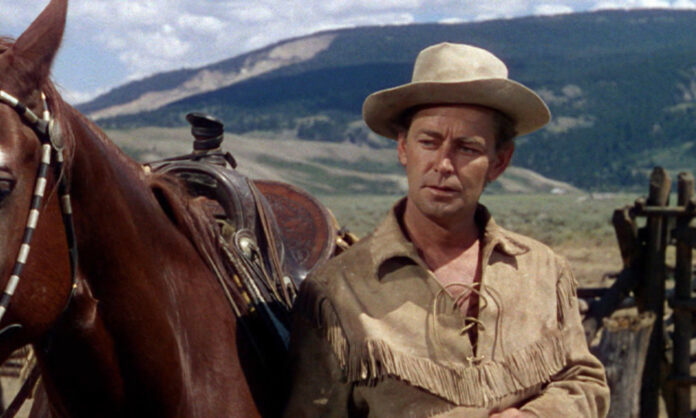In a post on Writers Unboxed, Donald Maass asks if heroes are obsolete. “I’m increasingly unhappy with…the persistent, ultimate attribute of a hero: The willingness, ability and mandate to be violent,” he writes. If doing violence isn’t heroic, then what is? “Do we actually need heroes at all anymore? Do they still have a place in Twenty-First Century stories or are heroes obsolete, an old-fashioned trope, as quaint now as slide rulers or rotary phones?” Maass asks.
Antiheroes take root in popular culture when people feel cynical about the condition of society and our leaders. “When we are helpless in the economic winds, when our mindfulness doesn’t change anything, when we are lied to constantly and our neighbors lap it up, perhaps it’s no wonder that we have taken to highly cynical main characters and unreliable narrators,” Maass notes. “At least those serial killer protagonists are witty.”
But is that the only purpose of a protagonist? “Or, do we yearn for something more from the characters we read about?” Maass writes. “Would it be nice to have a protagonist who shows us not only who we are but how much better we can be?”
Yes, sometimes heroes have to fight physically, but Maass wonders whether we aren’t more moved by a demonstration of high moral character. Sometimes, a character can earn our admiration by taking a beating, instead of giving one.
“Suffering, endurance, circumstances that evoke pathos, are not by themselves heroic. Nor is seeking or rendering forgiveness, necessarily,” Maass writes. “Those are good things…but the heroic effect comes from demonstrable actions. If your protagonist has courage—as most writers feel their protagonist’s do—then the courage to do what? What that is uncommon? What that is performed in a way, or in circumstances, which inspire admiration?”












